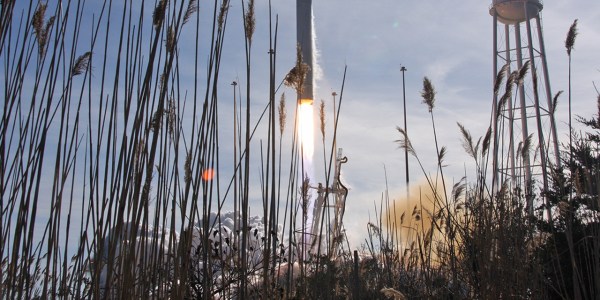NASA has set May 31 for the next space shuttle launch and said that Russia's investigation into last month's rocky landing of its own spacecraft shouldn't interfere.
Senior NASA managers agreed Monday to proceed as planned with Discovery's two-week trip to deliver a Japanese lab to the international space station. A Russian Soyuz ship is always docked there as an emergency "lifeboat" in case the crew needs it.
But the last Soyuz that flew made an off-course, steeper-than-usual descent on April 19. One of the three astronauts returning in it ended up in the hospital with back pain. The Russian Space Agency is investigating what went wrong.
Bill Gerstenmaier, NASA's space operations chief, said the Russians hope to wrap up the probe by the end of the month. Even if it's not complete before Discovery launches, officials believe the Soyuz at the space station is reliable in case of an emergency.
NASA astronaut Gregory Chamitoff is flying up on Discovery and is supposed to remain at the space station for six months. He will replace another American, Garrett Reisman, who was dropped off in March.
Gerstenmaier said there would be no benefit to delaying the shuttle mission to allow the Russians more time to figure out what went wrong with their Soyuz. It was the second flawed landing in a row for a Soyuz spacecraft.
Slideshow 12 photos
Month in Space: January 2014
Just in case, NASA has looked at what it would take to bring eight astronauts back in the shuttle instead of seven — Chamitoff being No. 8 — and would be prepared to do so, Gerstenmaier said. But he stressed that would be extremely unlikely.
There is only an estimated 1-in-124 chance that a Soyuz would need to be pressed into service as a lifeboat at the space station during any six-month period, Gerstenmaier said at a news conference. That makes the situation more acceptable, he said.
He added that the Russians have been asked to advise NASA "if they see anything that casts doubt on the Soyuz."
Still unknown, for NASA, is whether the Soyuz can be relied on for routine landings in Kazakhstan. An American is scheduled to blast into orbit aboard the next Soyuz in October.
Discovery and its crew of seven will deliver and install Japan's huge laboratory, Kibo, which means "hope." The first part of the lab — essentially a closet full of experiment racks and other equipment — was ferried up in March.
Liftoff on May 31 would be just after 5 p.m. ET. Launch preparations are going so well that the work force will get Memorial Day weekend off.
